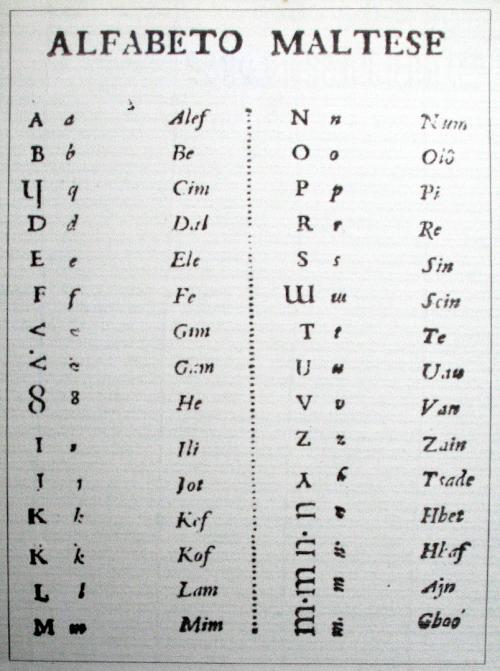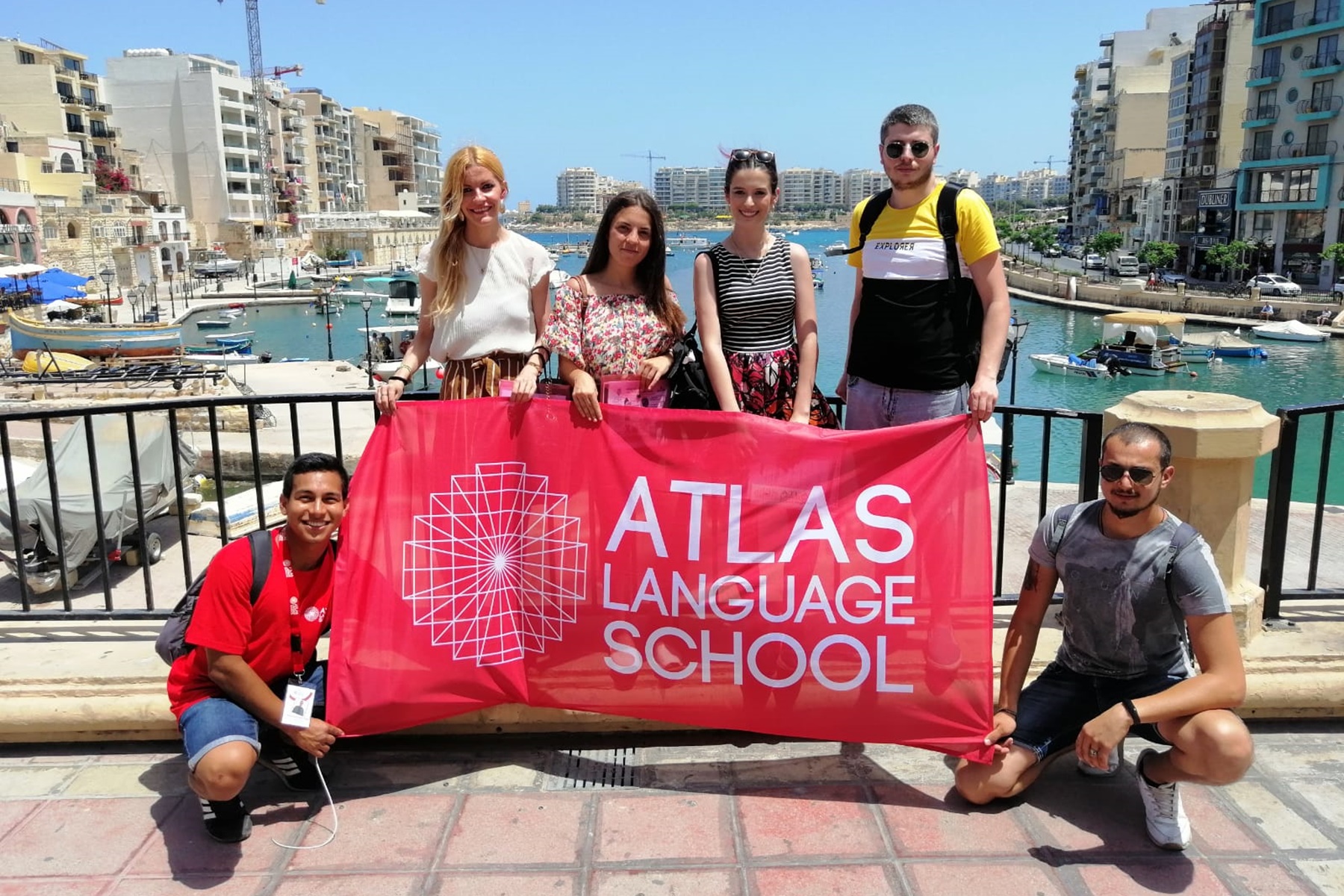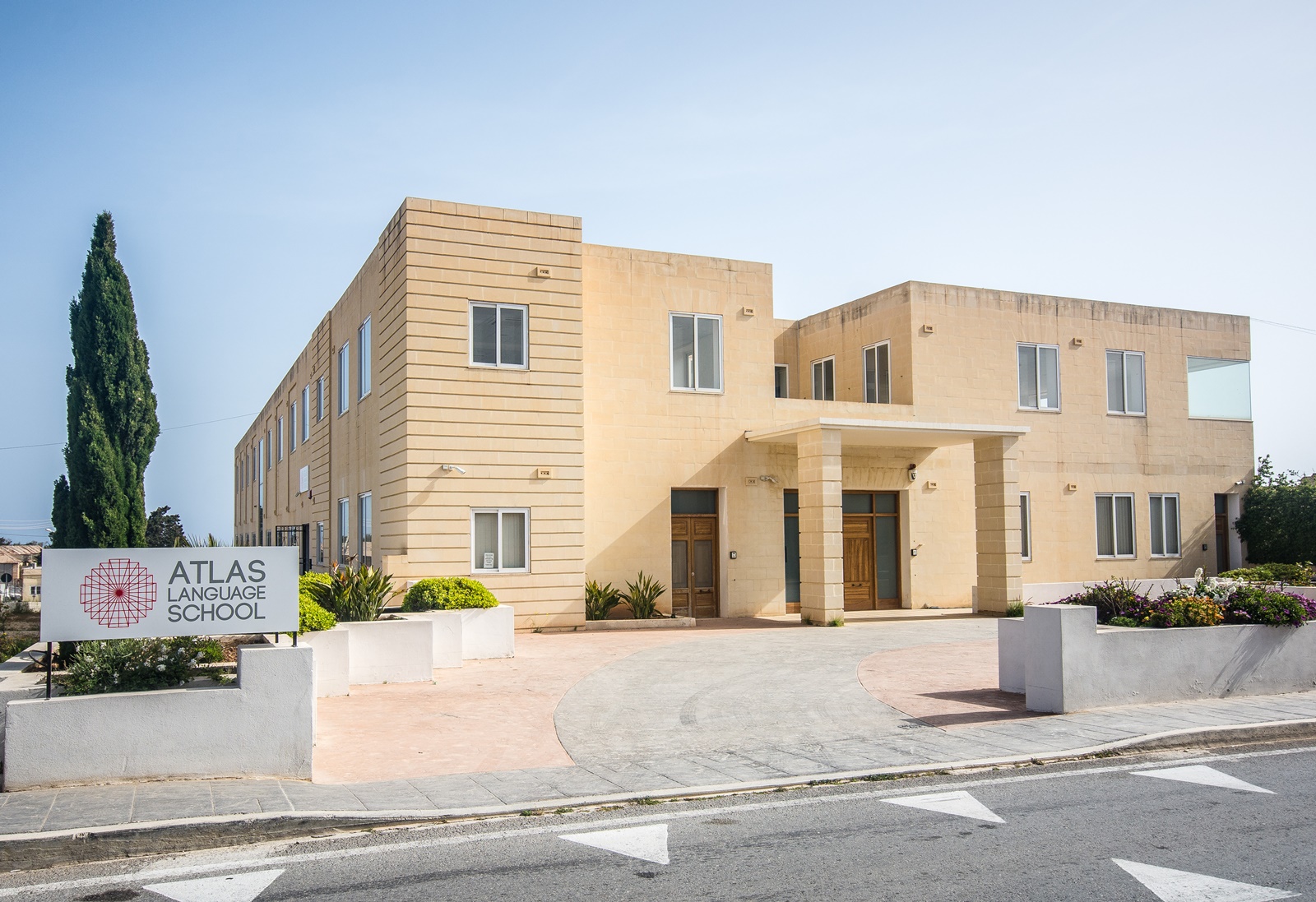Malta, a beautiful archipelago in the Mediterranean Sea, has a rich linguistic heritage that sets it apart from other European nations. The question "What language do they speak in Malta?" is one of the most frequently asked by travelers and linguistics enthusiasts alike. This article delves into the fascinating world of Maltese languages, their history, and cultural significance.
Malta's linguistic landscape is a blend of influences from various civilizations that have occupied the islands over centuries. This unique mix has resulted in two official languages: Maltese and English. The Maltese language, in particular, stands out as one of the few Semitic languages written in the Latin script, making it an intriguing subject for language enthusiasts.
In this article, we will explore the origins of the Maltese language, its relationship with other languages, and how it coexists with English in everyday life. Whether you're planning a trip to Malta or simply curious about its linguistic heritage, this guide will provide valuable insights into the languages spoken on the islands.
Read also:Discover The Iconic Key West Dollar Bill Bar A Unique Experience In Paradise
Table of Contents
- Official Languages in Malta
- The History of the Maltese Language
- Influences on the Maltese Language
- Language Use in Daily Life
- The Role of Language in Education
- Language in Tourism
- Language Statistics in Malta
- The Future of Language in Malta
- Common Phrases in Maltese
- Conclusion
Official Languages in Malta
Malta recognizes two official languages: Maltese and English. The Maltese language, known locally as "Malti," is the national language and is spoken by the majority of the population. English, on the other hand, plays a significant role in administration, education, and business. Both languages are used in official documents, media, and public services.
Why Are There Two Official Languages?
The dual-language system in Malta is a result of historical influences. The Maltese language originated from the Siculo-Arabic dialect brought by Arab settlers in the 9th century, while English became prominent during British colonial rule in the 19th and 20th centuries. This bilingual tradition continues to thrive today, making Malta one of the most linguistically diverse countries in Europe.
The History of the Maltese Language
The Maltese language has a rich and complex history that dates back over a thousand years. It evolved from the Siculo-Arabic dialect spoken by settlers from Sicily and North Africa. Over time, it absorbed influences from Italian, French, and English, creating a unique linguistic blend.
Key Historical Milestones
- 9th Century: Arab settlers introduce Siculo-Arabic to Malta.
- 16th Century: The Knights of St. John bring Italian influences to the islands.
- 19th Century: British rule introduces English as an official language.
- 1934: Maltese and English are officially recognized as national languages.
Influences on the Maltese Language
The Maltese language is a fascinating example of linguistic blending. Its Semitic roots are evident in its vocabulary and grammar, while its Latin script reflects Italian and English influences. This unique combination makes Maltese one of the most distinctive languages in the world.
Primary Influences
- Semitic: Approximately 50% of Maltese vocabulary is derived from Arabic.
- Italian: Many words and phrases have Italian origins.
- English: Modern Maltese incorporates numerous English loanwords.
Language Use in Daily Life
In everyday life, Maltese and English coexist harmoniously. Most Maltese people are bilingual, switching between the two languages depending on the context. Maltese is predominantly used in informal settings, while English is preferred in formal situations such as business and government.
Code-Switching in Malta
Code-switching, or switching between languages within a single conversation, is a common practice in Malta. This phenomenon reflects the country's bilingual nature and highlights the fluidity with which Maltese speakers navigate their linguistic landscape.
Read also:How Did Tevin Campbell Passed Away A Comprehensive Analysis
The Role of Language in Education
Education in Malta is conducted in both Maltese and English, depending on the school and subject. Primary education typically starts in Maltese, while secondary and tertiary education often switches to English. This bilingual approach ensures that students are proficient in both languages by the time they complete their studies.
Language Proficiency in Schools
Studies show that Maltese students achieve high levels of proficiency in both Maltese and English. According to the European Commission's survey on language competences, Maltese students rank among the top in Europe for English language skills.
Language in Tourism
Tourism is a vital part of Malta's economy, and language plays a crucial role in this sector. English is widely understood and spoken by locals, making it easy for international visitors to communicate. Additionally, many hotels, restaurants, and tour operators employ multilingual staff to cater to tourists from various countries.
Language Training for Tourism Professionals
To enhance their service quality, many tourism professionals in Malta undergo language training programs. These programs focus on improving communication skills in English and other widely spoken languages such as Italian, German, and French.
Language Statistics in Malta
Data from the National Statistics Office (NSO) provides valuable insights into language usage in Malta. According to recent surveys:
- 90% of Maltese residents speak Maltese as their first language.
- 89% of the population can communicate in English.
- 66% of residents have basic knowledge of Italian.
Language Demographics
Language proficiency varies across different age groups and regions in Malta. Younger generations tend to be more fluent in English due to increased exposure through media and education. Meanwhile, older generations often prefer using Maltese in daily communication.
The Future of Language in Malta
As Malta continues to grow as a global hub for tourism, finance, and technology, the role of language will become increasingly important. Efforts are underway to preserve the Maltese language while promoting multilingualism to meet international demands.
Language Preservation Initiatives
The Maltese government and cultural organizations are actively involved in preserving the Maltese language. Initiatives include:
- Developing digital resources for language learning.
- Promoting Maltese literature and media.
- Encouraging the use of Maltese in public spaces.
Common Phrases in Maltese
For those interested in learning Maltese, here are some common phrases to get you started:
- Hello: Bongu
- Thank you: Grazzi
- Goodbye: Sa
- How are you?: Kif int?
- Yes/No: Ievv/Ila
Conclusion
In conclusion, the question "What language do they speak in Malta?" can be answered by understanding the country's rich linguistic heritage. With two official languages—Maltese and English—Malta offers a unique cultural experience for visitors and residents alike. The bilingual tradition reflects the island's historical influences and ensures that communication barriers are minimized.
We invite you to explore Malta's linguistic landscape further by learning some Maltese phrases or planning a visit to experience the vibrant culture firsthand. Don't forget to share this article with others who may find it interesting and leave a comment below with your thoughts!
References:
- European Commission. (2021). Special Eurobarometer 506: Europeans and Their Languages.
- National Statistics Office (NSO). (2022). Language Use in Malta.
- Institute of Maltese Linguistics. (2023). The Evolution of the Maltese Language.


